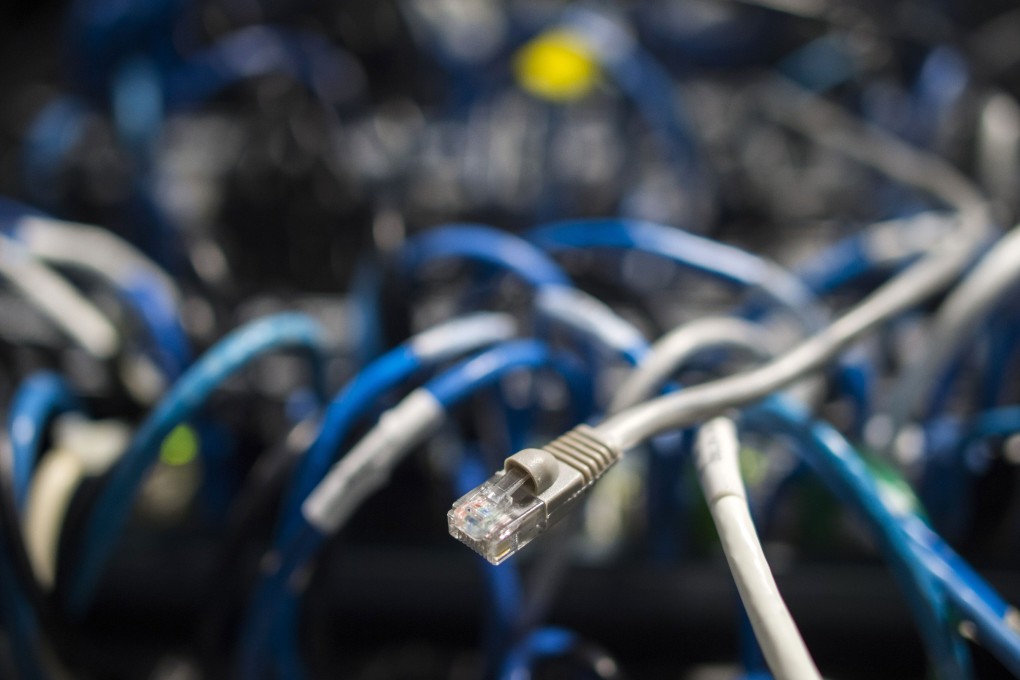Opinion | Citizen security must be at the forefront of global dialogues on responsible state behaviour in cyberspace
- Citizen security must be an integral part of global cybersecurity dialogues
- The protection of critical civilian infrastructure against cyber threats needs to be ensured when discussing responsible state action

In the Covid-19 era where virtually most human activity, such as education, work, and social pursuits have had to move online, institutions and individual citizens have increasingly been targeted by criminals seeking to exploit opportunities brought by the pandemic.
According to a recent Interpol report, the major cybersecurity trends in Asia-Pacific include Covid-19 related fraud and phishing campaigns. Attacks on teleconference tool vulnerabilities and fake news were also highlighted.
There has been a big increase in repressive restrictions placed on people’s online activities by means of internet shutdowns, targeting of critics, and control of public opinion online worldwide. The pandemic has also been used to justify an expansion of state surveillance power through the deployment of intrusive technologies to fight the spread of the virus.
Pandemic-fuelled cyberattacks on civilians and civil society organisations (CSOs) underline the trend of digital authoritarianism and serve as a reminder that civilians remain the weakest stakeholder in cyberspace, given their limited resources compared to their private and public sector counterparts.
While cybersecurity is crucial for the whole of society, discussions about international peace and security have long been centred around the state – instead of the citizenry – as the stakeholder which defines what counts as a cybersecurity threat and as the subject that needs protection.
The result has been the neglect of citizen security issues in global cybersecurity dialogues. Linked with this has been the transformation of all activities in cyberspace into a matter of national security. This has normalised arbitrary surveillance, internet restrictions, and censorship under the pretence of ensuring national security.


